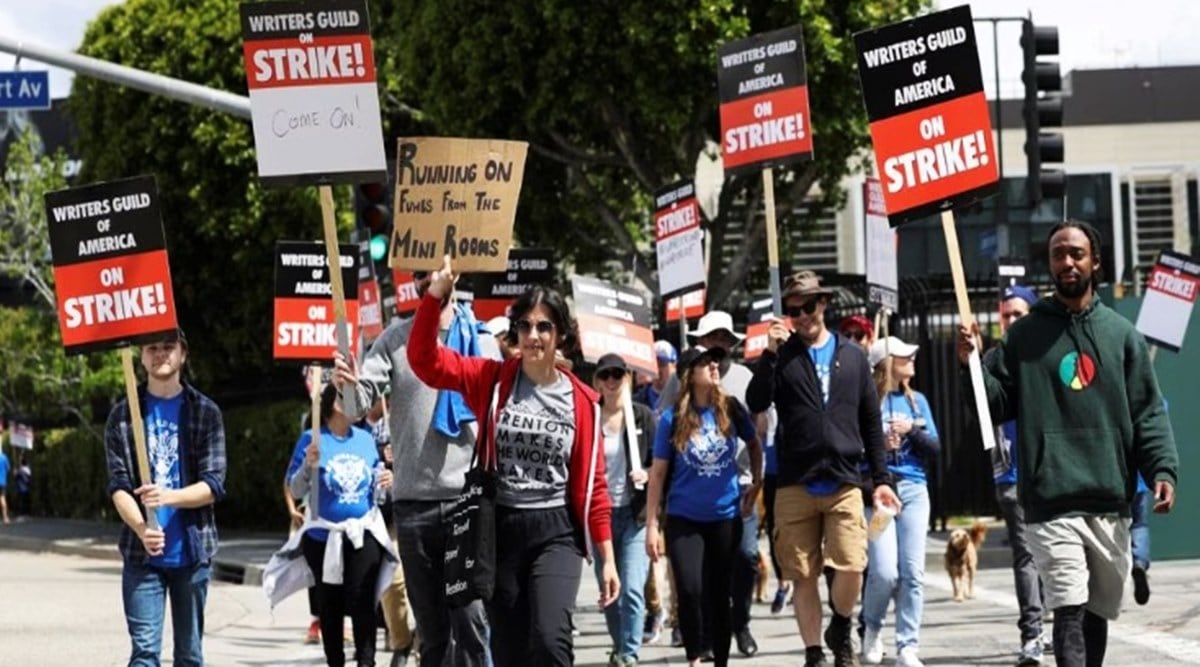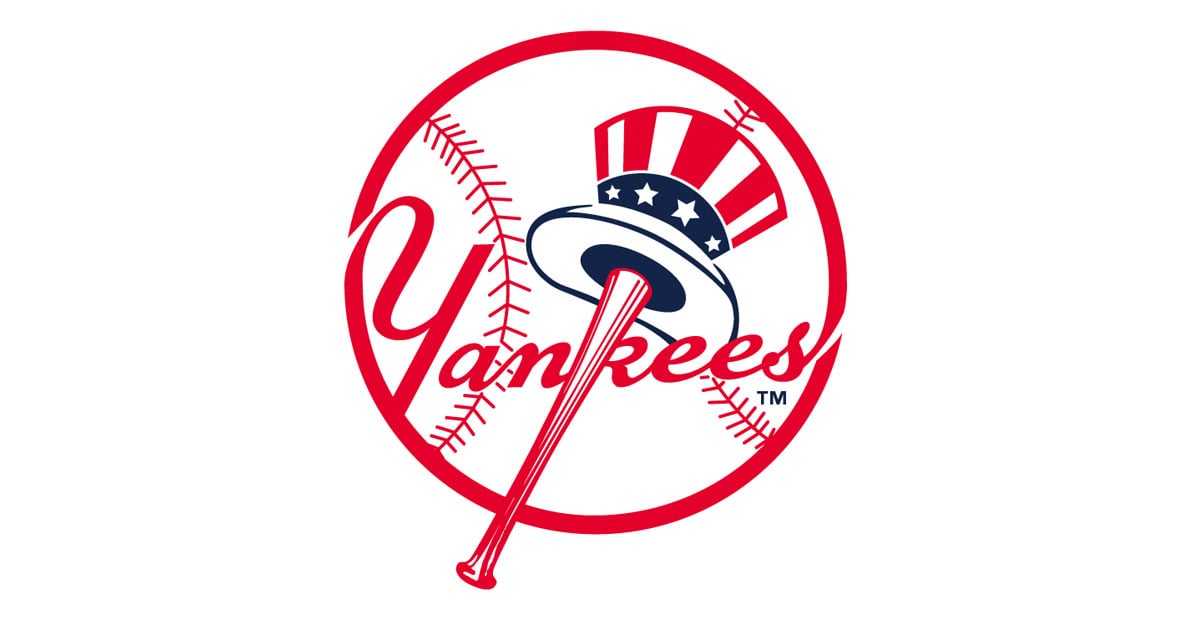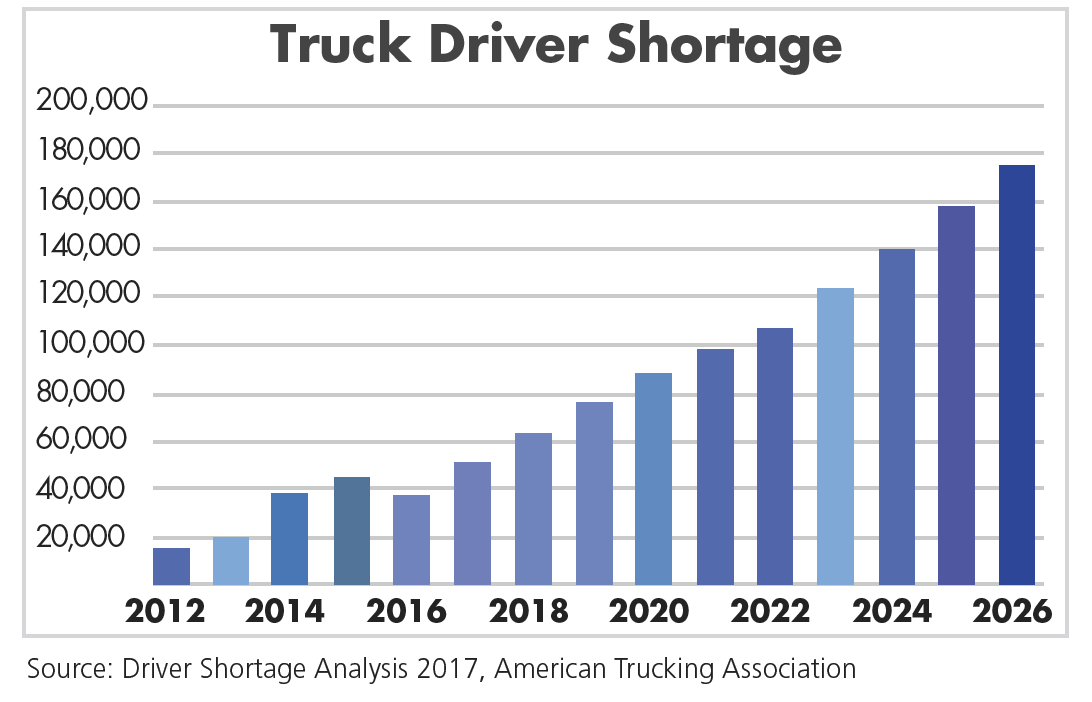Double Strike Cripples Hollywood: Actors And Writers Demand Fair Contracts

Table of Contents
The Writers Guild of America (WGA) Strike: Key Demands
The WGA strike, a major component of the current Hollywood strike, began in May 2023, highlighting the precarious position of writers in the evolving media landscape. Their demands center on fair compensation, improved working conditions, and protection against the disruptive forces of new technologies.
Fair Compensation and Residuals in the Streaming Era
The shift from traditional television models to streaming has drastically altered the compensation structure for writers. While network television provided writers with residuals – ongoing payments based on the continued airing of their work – streaming services largely offer upfront fees with minimal or no residuals. This has significantly reduced writers' long-term earnings, especially considering the massive viewership some streaming shows achieve.
- Specific Demands:
- Increased minimum pay for writers across all platforms.
- Fair and transparent residual payments for streaming shows, comparable to traditional television.
- Access to streaming viewership data to ensure fair compensation based on actual performance.
The rise of AI also poses a significant threat. The WGA is concerned about the potential for AI to replace human writers, impacting job security and creative control. The union is seeking safeguards to prevent the unauthorized use of writers' work to train AI writing tools.
Improved Working Conditions and Job Security
Writers often face grueling working conditions, including excessively long hours and inadequate staffing levels. This pressure compromises creativity and well-being. The WGA is demanding significant improvements to protect writers' health and ensure sustainable work environments.
- Specific Demands:
- Minimum staffing levels on television writing teams to prevent overwork and exploitation.
- Reasonable working hours to prevent burnout and improve the quality of the written content.
- Strengthened health and pension benefits plans to provide financial security for writers throughout their careers.
The SAG-AFTRA Strike: Actors Join the Fight
Following the WGA, SAG-AFTRA, representing actors, joined the strike, solidifying the unprecedented nature of this Hollywood strike. Their demands echo many of the WGA's concerns, focusing on fair wages, residuals, and protection against the misuse of technology.
Fair Wages and Residuals for Actors
The streaming model's impact on actors' compensation mirrors that of writers. While actors receive upfront payments for their work, residuals are significantly diminished or absent in streaming contracts. This disproportionately affects background actors and those in smaller roles, who rely heavily on residual income.
- Specific Demands:
- Increased minimum pay for actors across all platforms, including streaming.
- Fair and transparent residual payments from streaming platforms reflecting the shows' success.
- Increased transparency in profit sharing to ensure actors receive a fair share of the revenue generated by their work.
Protection Against AI and Self-Tape Exploitation
The use of AI in the entertainment industry presents a unique challenge for actors. Concerns include the potential displacement of actors by AI-generated performances and the unauthorized use of their likeness and performance data. The exploitation of actors through unpaid self-tape auditions further compounds the issues.
- Specific Demands:
- Regulations on the use of AI in the industry, prohibiting the unauthorized use of actors' likenesses or performances.
- Fair compensation for self-tape auditions, recognizing the time and effort involved.
- Guarantees to protect actors' image rights and prevent the use of their performance data without their explicit consent.
The Impact of the Hollywood Strike
The double strike's impact extends far beyond the immediate concerns of writers and actors. It has significant economic consequences and influences public perception of the industry.
Economic Consequences
The Hollywood strike has brought numerous productions to a standstill, resulting in significant financial losses. Production delays affect not only the studios but also a vast network of supporting industries, including catering, transportation, and post-production services.
- Economic Impacts:
- Delayed film and television releases, leading to lost revenue for studios and streaming platforms.
- Job losses for crew members, support staff, and businesses reliant on the entertainment industry.
- Ripple effects throughout the economy impacting local businesses and tourism.
Public Perception and Support
Public support for the strike has been largely positive, recognizing the actors and writers' fight for fair compensation and working conditions in the face of industry changes. Media coverage has highlighted the issues faced by these professionals, generating sympathy and understanding.
- Public Opinion and Support:
- Increased public awareness of the challenges faced by entertainment industry workers in the streaming era.
- Significant media attention, bringing the issues to a wider audience.
- Potential for long-term changes in the relationship between the industry and its workers.
Conclusion
The double Hollywood strike, encompassing both the actors strike and writers strike, represents a critical turning point in the entertainment industry. The demands for fair contracts, including improved compensation, residuals, and protection against AI, address not just financial concerns but also the fundamental fairness and sustainability of the industry. The significant economic impact underscores the urgency of a resolution that fairly addresses the core issues. Constructive dialogue and a fair agreement are vital to ensuring a healthy future for both the industry and its valuable workforce. Addressing this Hollywood strike and securing fair contracts is crucial for the future of Hollywood. Let's work towards a solution that benefits all.

Featured Posts
-
 New York Yankees 2025 Gear Where To Buy Hats Jerseys And Apparel
Apr 28, 2025
New York Yankees 2025 Gear Where To Buy Hats Jerseys And Apparel
Apr 28, 2025 -
 Guilty Plea Lab Owner Admitted To Fraudulent Covid Testing
Apr 28, 2025
Guilty Plea Lab Owner Admitted To Fraudulent Covid Testing
Apr 28, 2025 -
 Solving Americas Growing Truck Size Problem
Apr 28, 2025
Solving Americas Growing Truck Size Problem
Apr 28, 2025 -
 Judge And Goldschmidts Contributions Secure A Much Needed Yankee Win
Apr 28, 2025
Judge And Goldschmidts Contributions Secure A Much Needed Yankee Win
Apr 28, 2025 -
 Coras Lineup Strategy Red Sox Doubleheader Game 1
Apr 28, 2025
Coras Lineup Strategy Red Sox Doubleheader Game 1
Apr 28, 2025
